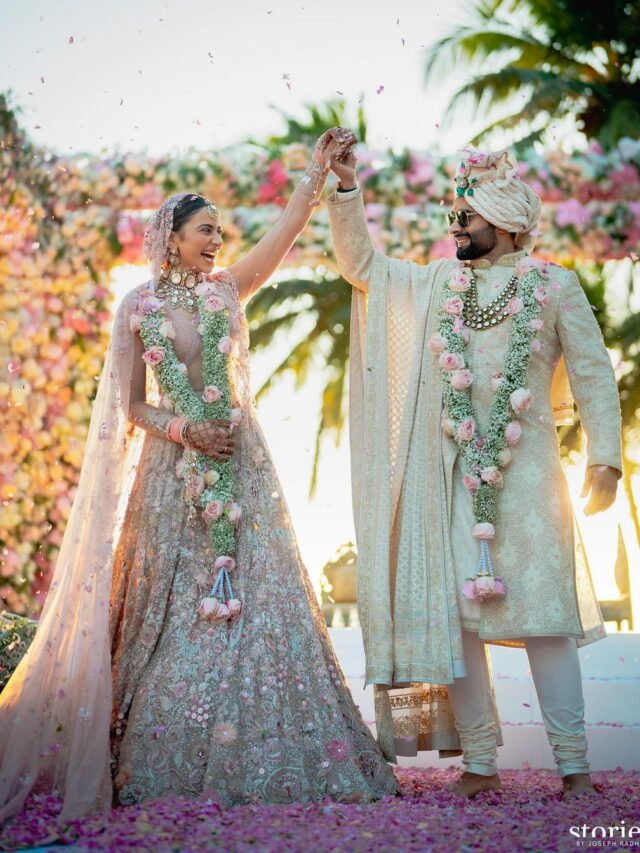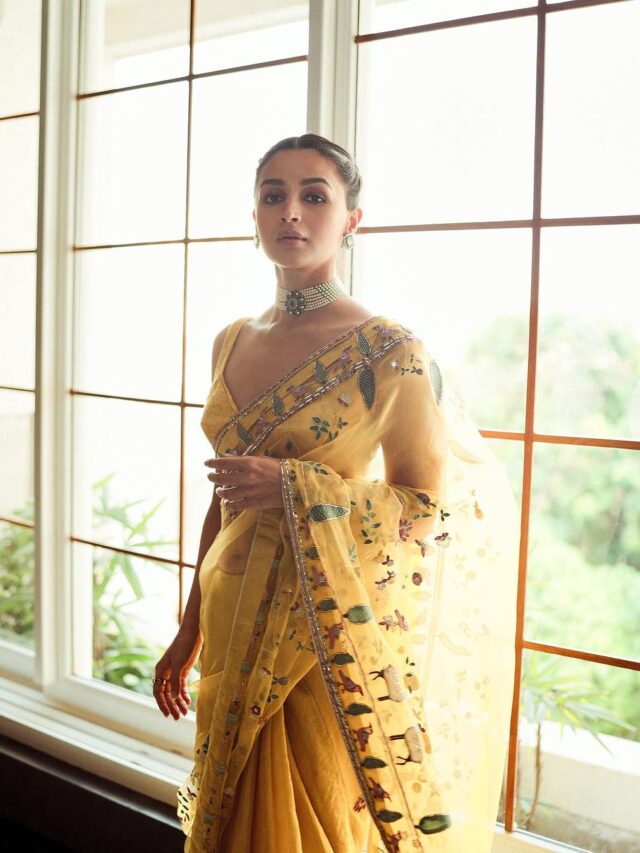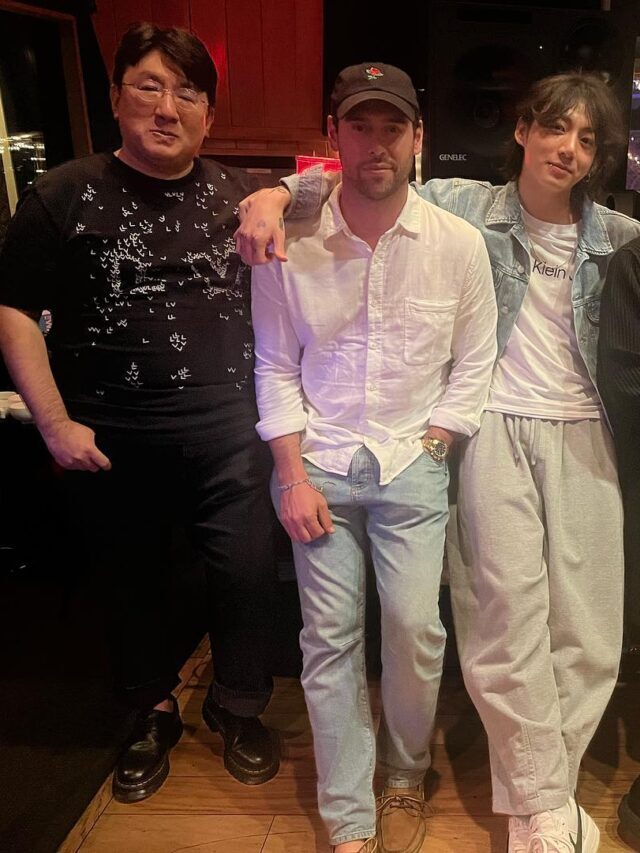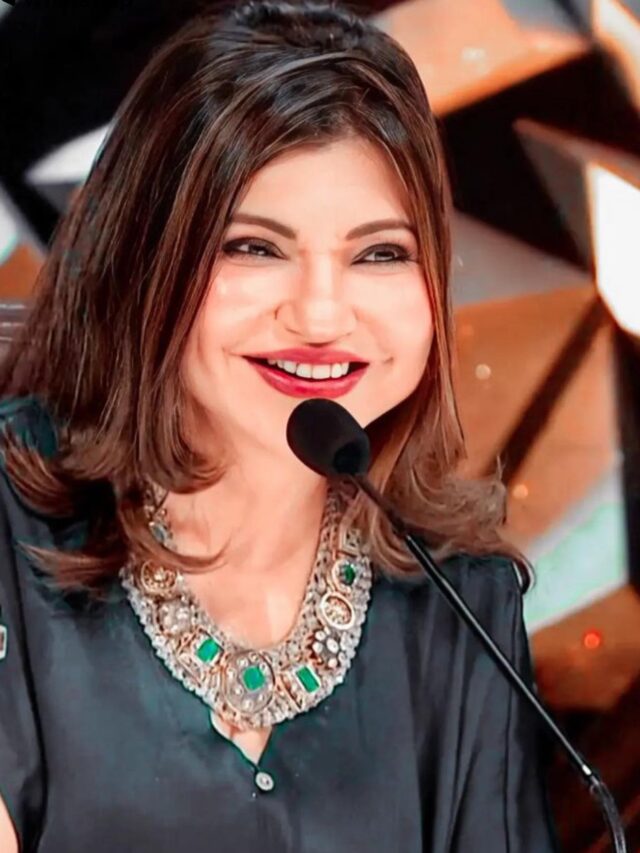Your voice is unique, and finding the right microphone to capture its essence can be a game-changer in your music journey. Whether you’re a seasoned professional or just starting out, selecting the best vocal mic requires consideration of various factors. This article explores the structure of vocal microphones and delve into ten exceptional options suitable for any producer and budget.
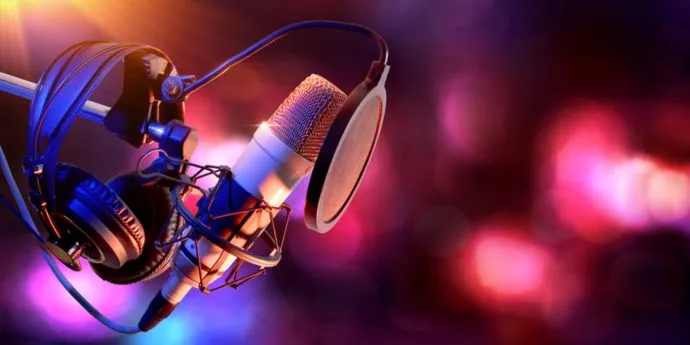
Table of Contents
Understanding Vocal Microphones
Before diving into specific microphone recommendations, it’s essential to grasp the fundamentals of vocal microphones. Here’s a breakdown of the key elements to consider:
1. Microphone Type
Microphones can be broadly classified into two main types: dynamic and condenser.
- Dynamic Microphones: Known for their durability and versatility, dynamic microphones are ideal for live performances and studio recordings alike. They’re less sensitive to loud sounds and don’t require external power sources.
- Condenser Microphones: These mics offer superior sensitivity and clarity, making them a preferred choice for studio vocals and intricate recordings. They require phantom power and are more delicate compared to dynamic mics.
2. Polar Pattern
The polar pattern of a microphone determines its sensitivity to sounds from different directions. The most common polar patterns for vocal microphones are cardioid (heart-shaped), omnidirectional (captures sound from all directions), and figure-8 (bi-directional).
3. Frequency Response
Frequency response refers to how accurately a microphone reproduces different frequencies of sound. A flat frequency response is desirable for capturing vocals faithfully, although some microphones may emphasize certain frequencies for added warmth or presence.
4. Additional Features
Microphones often come with extra features like built-in filters, EQ switches, and shock mounts, which can affect their performance and versatility in various recording environments.
The Top 10 Vocal Microphones: A Detailed Analysis
Now that we’ve covered the basics, let’s explore ten exceptional vocal microphones tailored to different preferences and budgets:
The 10 Best Vocal Microphones
Now, let’s take a closer look at each of the top 10 vocal microphones and their unique features:
- Shure SM7b: Best Overall Microphone
- Audio Technica AT2020: Best Mic for Home Studios
- Shure SM58: Best Mic Under $100
- Your Smartphone’s Microphone: Best Free Microphone
- RODE NT1: Best Budget Large-Diaphragm Condenser
- Electro-Voice RE-20: Best Mic for Rap Vocals
- Avantone Pro CV 12: Best Budget Tube Condenser
- AKG C214: Most Versatile Studio Microphone
- Coles 4038: Best Mic for Jazzy Vintage Vocal Tone
- Neumann TLM 103: Best High-End Microphone
For each microphone, we’ll provide a quick overview, discuss its frequency response, polar pattern, pros, cons, and share interesting insights and tips.
1. Shure SM7b: Best Overall Microphone
- Type: Dynamic microphone
- Polar Pattern: Cardioid
- Frequency Response: 50Hz – 20kHz
- Price: $399.00
Pros: Durable, wide frequency range, presence EQ boost. Cons: Quieter output compared to condenser mics, slightly higher price.
About the SM7b: Renowned for its versatility and reliability, the Shure SM7b is a favorite among recording artists. Its dynamic nature and EQ options make it suitable for various genres and recording environments.
2. Audio Technica AT2020: Best Mic for Home Studios
- Type: Condenser microphone
- Polar Pattern: Cardioid
- Frequency Response: 20Hz – 20kHz
- Price: $149.00
Pros: Affordable, versatile, suitable for dynamic vocals. Cons: Requires pop filter, sensitive to ambient noise.
About the AT2020: Perfect for budding producers and home studios, the Audio Technica AT2020 offers exceptional sound quality at an affordable price point. Its wide frequency response and cardioid pattern make it ideal for capturing vocals with clarity.
3. Shure SM58: Best Mic Under $100
- Type: Dynamic microphone
- Polar Pattern: Unidirectional Cardioid
- Frequency Range: 40Hz to 15 kHz
- Price: $99.00
Pros: Affordable, durable, industry-standard. Cons: Limited frequency response, quieter output.
About the SM58: A true classic in the world of microphones, the Shure SM58 is celebrated for its rugged build and consistent performance. While primarily designed for live performances, it can still deliver excellent vocal recordings in studio settings.
4. Your Smartphone’s Microphone: Best Free Microphone
Pros: Portable, instant connectivity, free. Cons: Unreliable recording quality captures background noise.
About Smartphone Microphones: Surprisingly capable, the microphones found in modern smartphones offer convenience and accessibility for on-the-go recordings. While lacking in professional-grade quality, they can still serve as valuable tools for capturing ideas and demos.
5. RODE NT1: Best Budget Large-Diaphragm Condenser
- Type: Large-diaphragm condenser microphone
- Polar Pattern: Cardioid
- Frequency Response: 20Hz – 20kHz
- Price: $219.00
Pros: Smooth, warm recording qualities, low internal noise. Cons: Less versatile for non-vocal recordings.
About the NT1: Offering vintage-inspired sound at an affordable price, the RODE NT1 is a popular choice among home studio enthusiasts. Its flat frequency response and low internal noise make it a reliable option for capturing vocals with warmth and clarity.
6. Electro-Voice RE-20: Best Mic for Rap Vocals
- Type: Dynamic microphone
- Polar Pattern: Cardioid
- Frequency Response: 45 Hz – 18,000 Hz
- Price: $449.00
Pros: Trusted studio microphone, limited proximity effect. Cons: Not as suited for vocals as high-end condensers.
About the RE-20: Renowned for its durability and versatility, the Electro-Voice RE-20 is a popular choice among rap artists and spoken word performers. Its dynamic nature and humbucker coil ensure clear, distortion-free recordings even in noisy environments.
7. Avantone Pro CV 12: Best Budget Tube Condenser
- Type: Tube condenser microphone
- Polar Pattern: Nine patterns offered
- Frequency Response: 20Hz – 20kHz
- Price: $399.00
Pros: Vacuum tube warmth, wide dynamic range. Cons: Tubes take time to warm up, breakable.
About the CV 12: Emulating the vintage sound of high-end tube microphones, the Avantone Pro CV 12 offers warmth and character at an affordable price. Its nine polar patterns and low distortion make it a versatile choice for various vocal styles.
8. AKG C214: Most Versatile Studio Microphone
- Type: Large diaphragm condenser microphone
- Polar Pattern: Cardioid
- Frequency Response: 20Hz – 20kHz
- Price: $479.00
Pros: Affordable alternative to the C414, versatile applications. Cons: Fewer features than the C414.
About the C214: Serving as the budget-friendly counterpart to the renowned AKG C414, the C214 offers exceptional sound quality and versatility for studio vocals. Its cardioid polar pattern and bass cut switch ensure clear, focused recordings in any environment.
9. Coles 4038: Best Mic for Jazzy Vintage Vocal Tone
- Type: Ribbon microphone
- Polar Pattern: Figure-8
- Frequency Response: 30Hz – 15kHz
- Price: $1,482.00
Pros: Professional studio standard, minimal distortion. Cons: Higher price point, fragile ribbon.
About the 4038: Originally designed for broadcast use, the Coles 4038 excels in capturing smooth, vintage vocal tones reminiscent of jazz recordings from the mid-20th century. Its figure-8 polar pattern and natural roll-off make it a favorite among audio purists.
10. Neumann U87 Ai: Best High-End Studio Microphone
- Type: Large diaphragm condenser microphone
- Polar Pattern: Omnidirectional, cardioid, figure-8
- Frequency Response: 20Hz – 20kHz
- Price: $3,200.00
Pros: Legendary studio microphone, unparalleled sound quality. Cons: High price point, requires careful handling.
About the U87 Ai: Widely regarded as the pinnacle of studio microphones, the Neumann U87 Ai delivers unmatched clarity, warmth, and versatility. Its selectable polar patterns and low self-noise make it a staple in professional recording studios worldwide.
Conclusion
Choosing the perfect vocal microphone involves considering various factors such as microphone type, polar pattern, frequency response, and budget. Whether you’re a beginner or a seasoned professional, there’s a microphone out there to suit your unique vocal style and recording needs. Experimentation is key, so don’t hesitate to try out different options until you find the perfect match for your voice. Happy recording!





